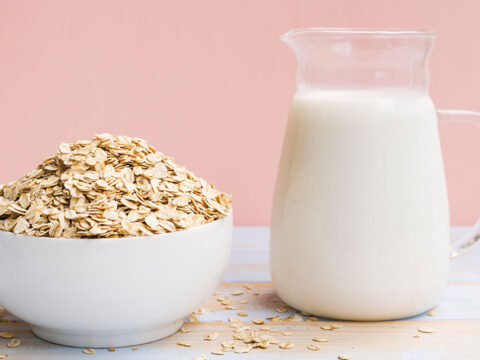
Physical Exercise and PPS Management
October 20, 2022
Interconnection between high blood pressure and PPS
October 20, 2022Postprandial blood sugar or PPS means the level of blood sugar you have after you eat or drink. It is one of the leading risk factors for patients with diabetes and cardiovascular diseases and is also an important marker for glycemic control.
Although PPS is predominantly affected by meal composition, meal timings play an equally important role. Let’s understand the connection between meal timing and PPS in detail.
How Do Meal Timings Affect Postprandial Blood Sugar Levels?
It has been observed that postprandial blood glucose levels are higher in the evening than in the morning. One of the possible reasons for this mechanism can be attributed to the insulin secretion function. Many studies have suggested that insulin secretion is higher in the morning as compared to the evening. Insulin sensitivity has also been found to be low in the later part of the day.
In addition, the serum concentrations of incretins such as glucose-dependent insulinotropic polypeptide (GIP) and glucagon-like peptide-1 (GLP- 1) that act as stimulants of insulin secretion show a circadian rhythm. Therefore they are at their peak during afternoons.
Furthermore, the digestive and metabolic functions in the stomach and intestines also function according to the circadian rhythms, meaning they are their best during the afternoons, thereby mediating the differences in postprandial glucose levels between morning and evening.
Ideal Meal Timings For Diabetes Patients

Since late-night meals are associated with higher postprandial blood glucose levels, you should try to eat dinner as early as possible. For this, you must take your breakfast early in the morning as well and take a hearty lunch in the afternoon in accordance with the circadian rhythms.
On a Final Note
The postprandial blood sugar level is the key indicator of glycemic control. It is essential to keep your PPS levels regulated in order to reduce the risk of diabetes complications like heart disease.
Apart from the meal composition, meal timings also impact insulin secretion and consequently postprandial blood glucose levels. Hence, it is important to eat your meals at the right time.
References
- https://www.ncbi.nlm.nih.gov/pmc/articles/PMC6266071/
- https://pubmed.ncbi.nlm.nih.gov/29248250/
- https://pubmed.ncbi.nlm.nih.gov/19435824/
- https://pubmed.ncbi.nlm.nih.gov/16517403/




